EDITORIAL
Published on 04 Nov 2022
Editorial: The effects of physical activity and exercise on cognitive and affective wellbeing
doi 10.3389/fnbeh.2022.1047758
- 3,580 views
- 3 citations
14k
Total downloads
78k
Total views and downloads
EDITORIAL
Published on 04 Nov 2022
REVIEW
Published on 23 Sep 2022
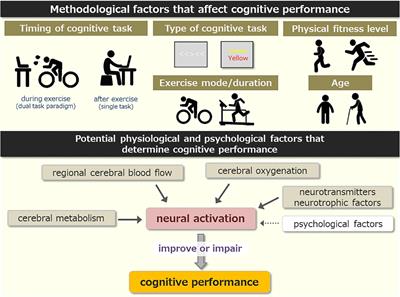
ORIGINAL RESEARCH
Published on 02 Aug 2022
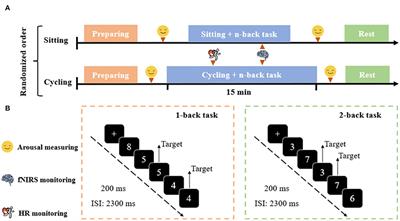
ORIGINAL RESEARCH
Published on 28 Jul 2022
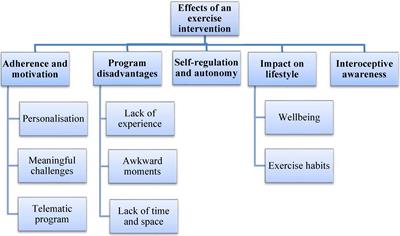
BRIEF RESEARCH REPORT
Published on 03 Jun 2022
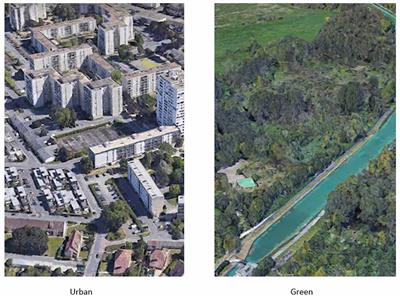
ORIGINAL RESEARCH
Published on 08 Apr 2022
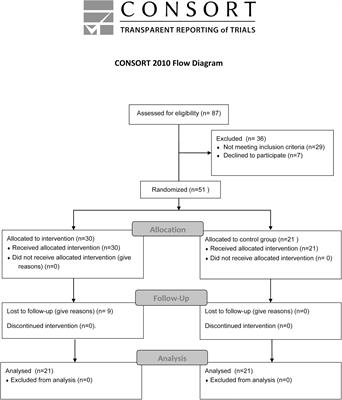
BRIEF RESEARCH REPORT
Published on 15 Mar 2022
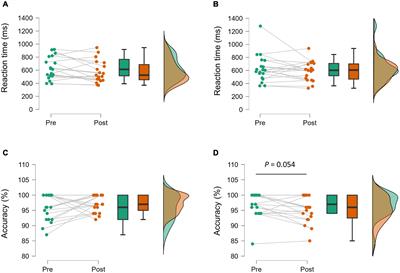
BRIEF RESEARCH REPORT
Published on 28 Jan 2022
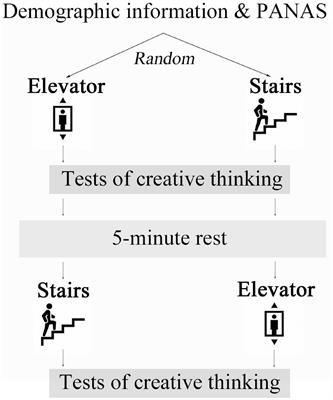
BRIEF RESEARCH REPORT
Published on 13 Jan 2022
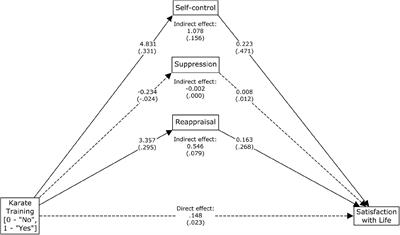
BRIEF RESEARCH REPORT
Published on 22 Nov 2021
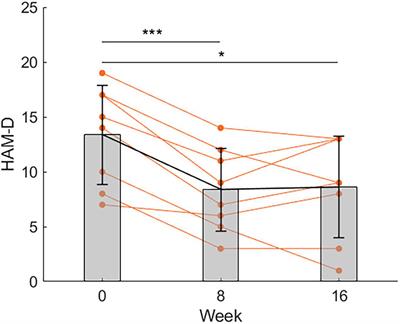
ORIGINAL RESEARCH
Published on 04 Nov 2021
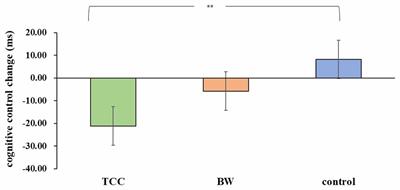
ORIGINAL RESEARCH
Published on 05 Oct 2021
